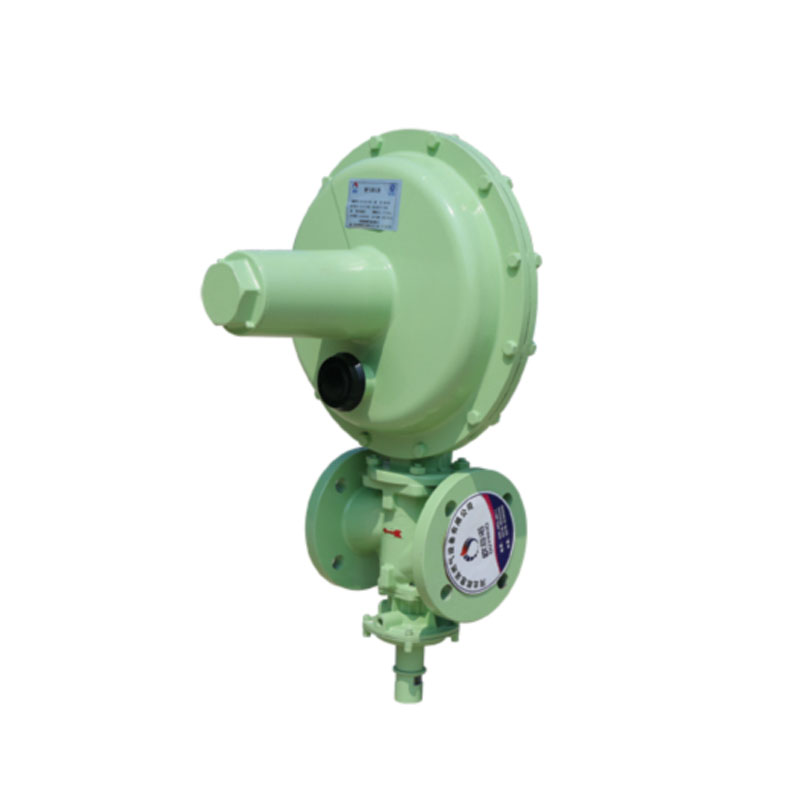
Oct . 13, 2024 03:48
Back to list
gas filter separator
Gas Filter Separator A Crucial Component in Oil and Gas Processing
In the oil and gas industry, the efficient separation of gas, oil, and water is paramount to optimize production and enhance the quality of the extracted hydrocarbons. One of the key pieces of equipment designed for this purpose is the gas filter separator. This device plays a vital role in the processing of well fluids, ensuring that the gas is free of impurities and that the oil and water are effectively separated.
A gas filter separator is essentially a combination of a gas separator and a filter, designed to clean up gas streams by removing entrained liquids, solids, and other particulates. The primary function of this equipment is to separate the gas phase from liquid phases, which typically involves a series of physical processes. Initially, the well fluids enter the separator, where a combination of gravity and centrifugal forces helps to segregate the different components based on their density.
The first stage of the separation process occurs as the fluids enter the separator at high velocity. The design of the gas filter separator ensures that the gas bubbles rise to the top, while the heavier liquid components, including oil and water, settle at the bottom. This separation is aided by various design features such as plates or vanes that enhance the gravitational settling process.
gas filter separator

Once the basic separation is achieved, the next stage involves filtering the gas to remove any remaining particulates and liquid droplets. The filtering process usually employs coalescing filters that assist in capturing fine liquid droplets that remain suspended in the gas phase. These filters are crucial, as any residual liquids can cause pipeline corrosion, reduce the efficiency of downstream equipment, and even lead to operational failures.
The maintenance of gas filter separators is integral to ensuring their reliability and efficiency. Regular inspections and timely replacement of filter elements are essential to prevent issues such as blockages, which can lead to pressure drops and reduced throughput. Additionally, the overall system should be monitored for any signs of wear or malfunction, which could impede the separation process and affect production rates.
Moreover, in the modern energy landscape characterized by stringent environmental regulations, the operation of gas filter separators not only aims to enhance operational efficiency but also to minimize environmental impact. By ensuring that gases are adequately separated from liquids and that emissions are kept to a bare minimum, these devices contribute to cleaner production practices in the oil and gas sector.
In conclusion, gas filter separators are indispensable in the oil and gas processing landscape. They play a critical role in ensuring the effective separation of gas from liquid phases, thereby enhancing overall recovery rates and protecting downstream equipment from potential damage. As the industry continues to evolve, the importance of optimizing and maintaining these separators will only grow, representing a crucial investment for producers aiming to operate efficiently and sustainably.
Next:
Latest news
-
Safety Valve Spring-Loaded Design Overpressure ProtectionNewsJul.25,2025
-
Precision Voltage Regulator AC5 Accuracy Grade PerformanceNewsJul.25,2025
-
Natural Gas Pressure Regulating Skid Industrial Pipeline ApplicationsNewsJul.25,2025
-
Natural Gas Filter Stainless Steel Mesh Element DesignNewsJul.25,2025
-
Gas Pressure Regulator Valve Direct-Acting Spring-Loaded DesignNewsJul.25,2025
-
Decompression Equipment Multi-Stage Heat Exchange System DesignNewsJul.25,2025

